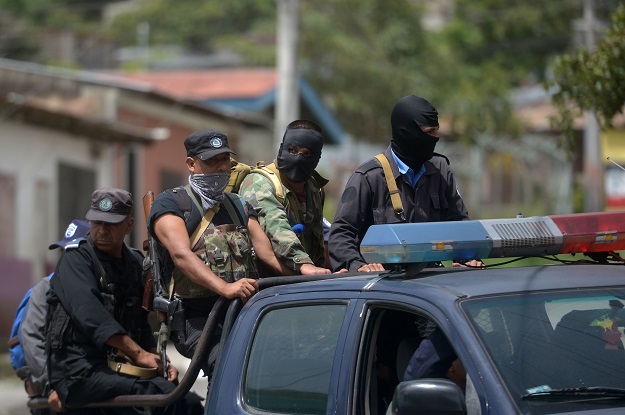It’s been over three months since protests over a social security reform in Nicaragua sparked clashes between protesters and government forces that have left over 300 people dead. On July 30, the White House expressed its support for the peace dialogue led by the Catholic Church and sanctioned government officials it said were complicit in ongoing human rights abuses. In our new issue on reducing homicide, AQ spoke with human rights advocate Erika Guevara-Rosas, the Americas director for Amnesty International, about the scale of these abuses – and the international community’s response to them.
How would you describe the state of human rights in Nicaragua today?
The rapid deterioration of human rights is extremely alarming. We’ve documented extrajudicial executions, enforced disappearances, violations of freedom of expression, and violations of the human rights of indigenous people and campesinos in the context of the Grand Canal project.
How can regional leaders respond to this situation?
Governments missed an opportunity through the June Organization of American States declaration to come together to condemn the state’s responsibility for these atrocities. Unfortunately, this is not the first time we have seen a lack of leadership by regional governments. Leaders protect one another because they could also be held accountable.
How would you compare what’s happening in Nicaragua to what has happened in Venezuela under Nicolás Maduro?
During four months of demonstrations in Venezuela, 124 people were killed. In Nicaragua, a country with a population one-sixth the size of Venezuela’s, 212 people were killed in two months. The use of excessive force to silence protesters continues to be the norm regardless of the kind of government that’s in power. We are seeing a pattern. We saw it end the lives of over 30 people in Honduras after elections. We’ve even seen it in Argentina, where police attacked protesters over social security reforms.
Do you think that political change is a viable solution for Nicaragua?
Nicaragua’s institutions have collapsed over the last few years. Impunity and corruption are feeding into this crisis as well. Even if they call for elections tomorrow, Daniel Ortega will probably win. Any solution must rebuild institutions and guarantee that Nicaragua can hold elections.
—
Sweigart is a policy consultant for AQ.






